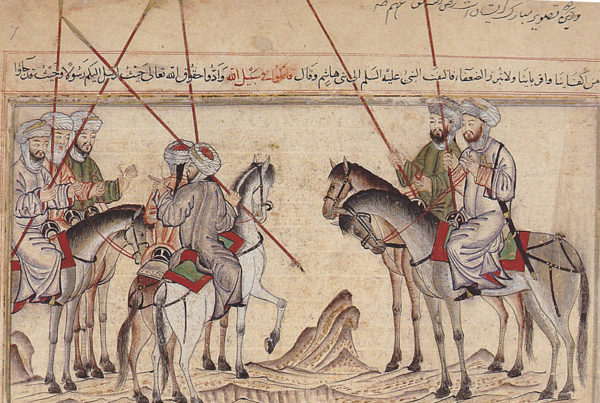Watching some of our primate cousins, it is clear that fratricide has an old history in humanity and that Cain and Abel have been repeatedly walloping each other for eons. At least with baboons and chimps we know it is mostly about food, foraging and fornication. Humans, we like to hope, are a little more sophisticated. Unfortunately, this means we sometimes kill each other for utterly incomprehensible reasons.
The puzzle of our talent for fratricide is a compelling one and a long way from being solved. One of the latest people to make an attempt to examine it is Vamik Volkan in Killing in the Name of Identity: A Study of Bloody Conflicts (Pitchstone Publishing, Charlottesville, Virginia, 2006). He is a clinical psychoanalyst and these are the mental tools he brings to his examination. He puts the Republic of Georgia on the couch first, but eventually comes to Post-Soviet Estonia after first diverting to – among other things – the Second World War.
His is a puzzling exploration, especially for those not normally concerned with his profession and unsure of his methodologies. One can be left unsure about the practical utility of his findings (a doubt the author does not share). However, as the individual suffers, so does the large group/identity. Individuals get traumatized, so do societies. Individuals can learn to cope, but not easily. It is even more difficult for large groups. This is an interesting book but not a complete one. Dr Volkan is probably better equipped to look at some of the pressing crises of our time than most politicians, but he is a long way from being able to burnish complete and useful answers.








